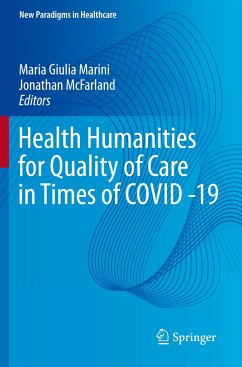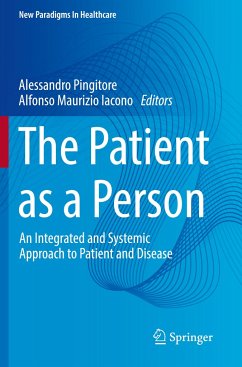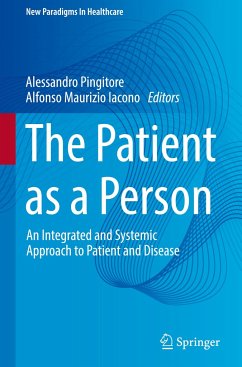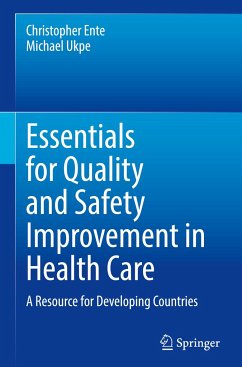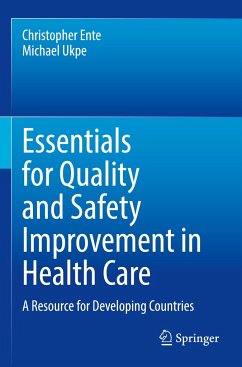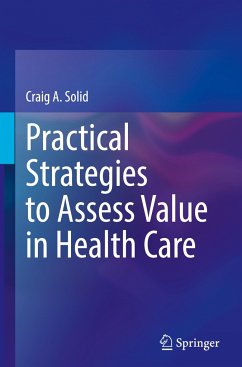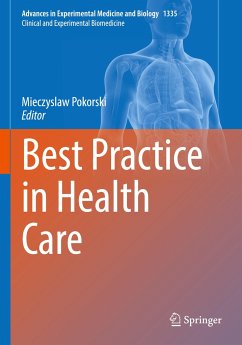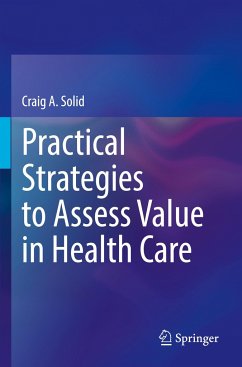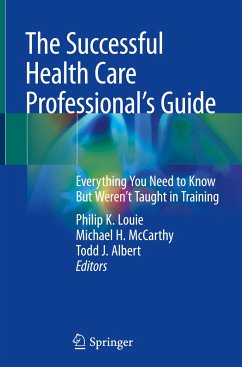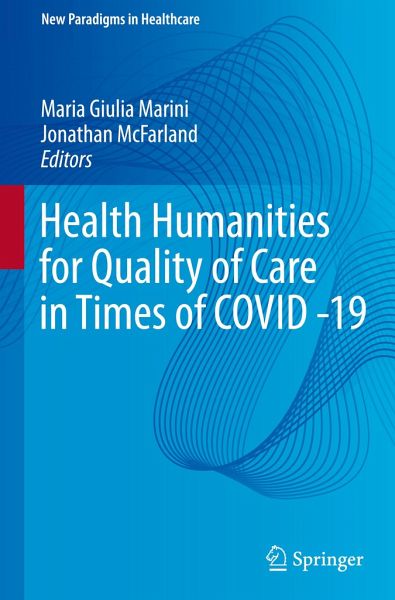
Health Humanities for Quality of Care in Times of COVID -19

PAYBACK Punkte
38 °P sammeln!
The Covid pandemic has led us into an upheaval that has made us question the certainties underlying what it means to be a human being in our age; the ability to control medical and social facts through evidence. For the first-time western and developed countries have had to confront what many populations from the developing world (Africa. Latin America, etc) face on a daily basis with HIV and Ebola, etc. The Interconnectedness of Globalization has been the real disseminating catalyst of COVID 19, and many scientists wonder if this virus is the result of the Anthropocene age, with its indisputa...
The Covid pandemic has led us into an upheaval that has made us question the certainties underlying what it means to be a human being in our age; the ability to control medical and social facts through evidence. For the first-time western and developed countries have had to confront what many populations from the developing world (Africa. Latin America, etc) face on a daily basis with HIV and Ebola, etc. The Interconnectedness of Globalization has been the real disseminating catalyst of COVID 19, and many scientists wonder if this virus is the result of the Anthropocene age, with its indisputable lack of respect for the natural ecosystems. The virus has demonstrated that our frailty is only skin deep, and it has not only brought death, despair, but it has broken our interdependency as human beings, by imposing self- isolation as well as creating new ways of connections so that safety cannot imply loneliness. In this book, the coping strategies that originate from the multiplelanguages of care such as narrative, literature, science, philosophy, art, digital science are shown not only as reflective tools to promote health but also wellbeing amongst carers, patients, students, and citizens of our planet Earth. These strategies should be supported by the decision makers since they are low-cost investments necessary to make the health care system work. They however require a change of cultural paradigm. This book is a useful toolkit for patients, citizens and care services physicians who want to learn more on how to live better with this new world.



